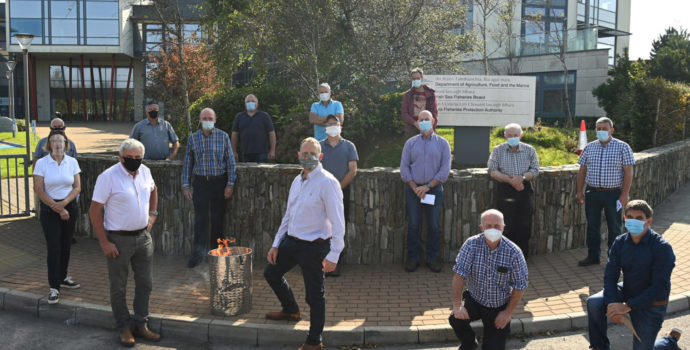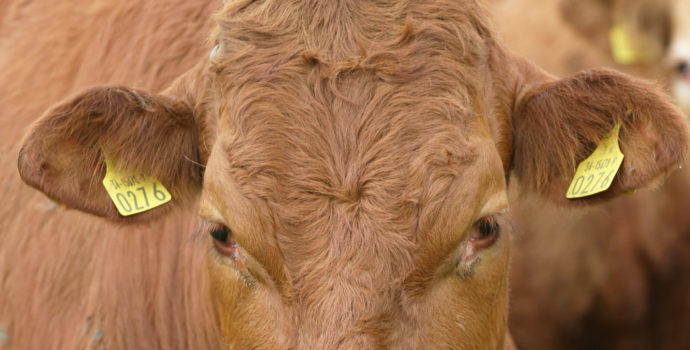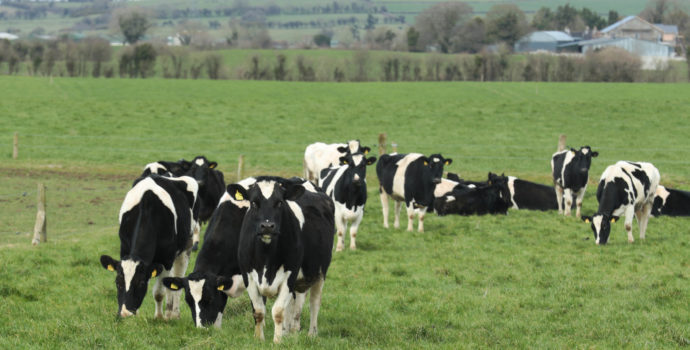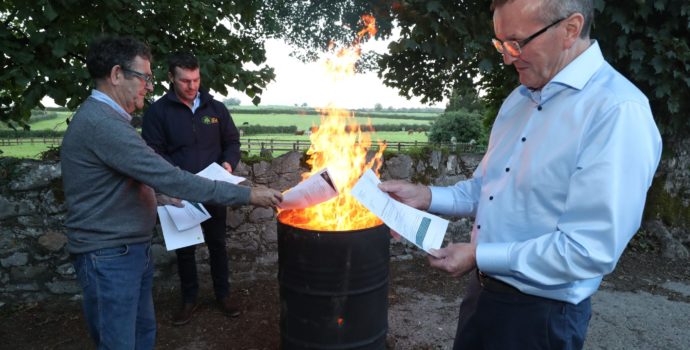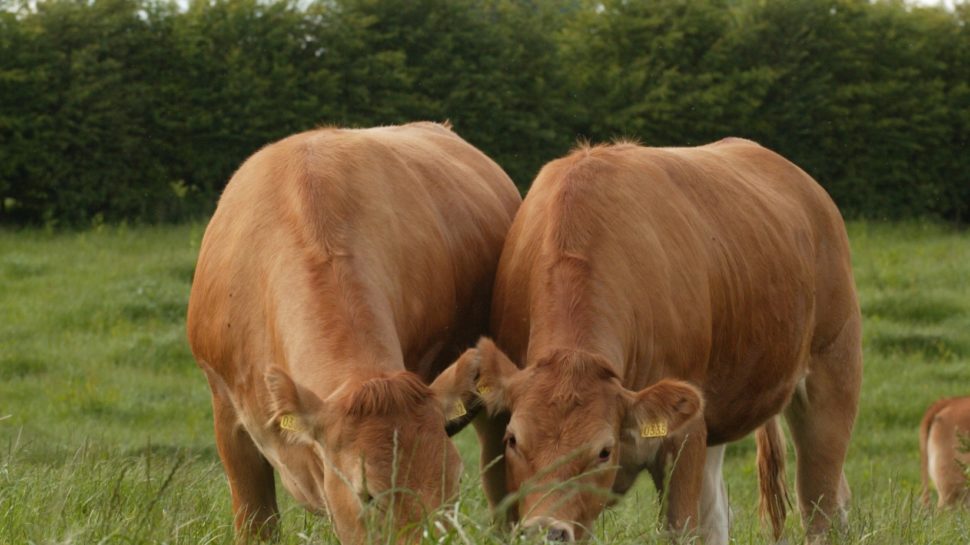
IFA Animal Health Chairman Pat Farrell said the Department of Agriculture’s issuing of herd TB risk letters to farmers in response to the dramatic deterioration in TB levels is a ridiculous and weak response.
“The levels of TB in this country have risen to unacceptable levels when we should be seeing annual reductions. The Department of Agriculture flap around the edges with soft touch advice and guidance while failing to address the real drivers of the problem which are beyond the control of farmers and within the responsibility of the Department,” he said.
He said the Department staff costs in the programme equate to €6,750 per farm with TB. Farmers rightly expect a lot more than letters outlining their herd risk and effectively a devaluation of their animals. Comparatively, the average amount of compensation paid to farmers is only €4,500.
The Grant Thornton Report, which was commissioned by the TB Forum, clearly and independently sets out the failings of the Department of Agriculture in their management of the TB situation in this country. In particular, their failure to have meaningful engagement with the largest stakeholder in the programme and largest single financial contributor in developing key components of the programme.
The report also states that farmers in Northern Ireland, Scotland, England or Wales are not asked to contribute to the costs of their TB programmes and have their labour and time recognised as their total contribution to the programme. The programmes in these countries are fully funded by their national exchequer. The Department of Agriculture here takes €37m annually from Irish farmers to run the programme with no recognition of the labour and time input of farmers.
Pat Farrell said the current deterioration in the levels of TB is directly attributable to the ineffective implementation of the wildlife control programme and the premature commencement of badger vaccination. The IFA Chairman said the Wildlife Control Programme must be rejuvenated.
“There must be a comprehensive survey carried out to ensure all setts are identified and this must be followed by a fully resourced capture programme to reduce the densities of badgers to levels where they are no longer a TB threat. The programme must also incorporate deer where associated with breakdowns,” he said.
/
In addition, he said the Department of Agriculture must carry out thorough investigations of all TB outbreaks to determine the source of infection and remove it.
Pat Farrell said to maintain farmer support for the programme, full financial support for the impact of controls on our farms is needed. He said while farms are under Department of Agriculture TB controls, farmers must be fully supported to off-set the income loss and disturbance to their business.
“Irish farmers pay €35m a year to the TB programme, contribute an additional €20m in labour to the running of the programme and it’s time the Department of Agriculture recognised this investment and took on board the issues raised,” he said.
Throughout the TB Forum process, IFA has put forward these issues and to-date the Department of Agriculture has failed to take them on board.
The IFA Chairman said farmers do not accept the misleading narrative put forward by the Department as to the contributing factors to the current TB situation.
Pat Farrell said our members are rightly questioning why they should continue to fund a programme which continually ignores the impact of TB on our farms; doesn’t provide full and fair financial support; and fails to implement an effective wildlife programme to expedite eradication of the disease.

